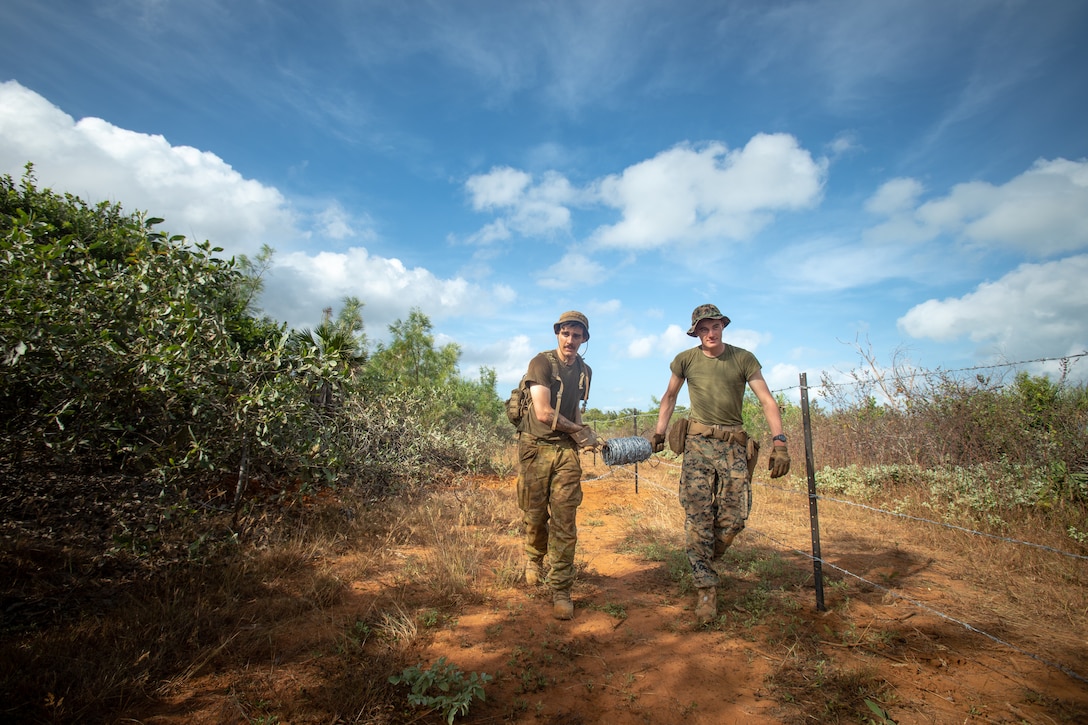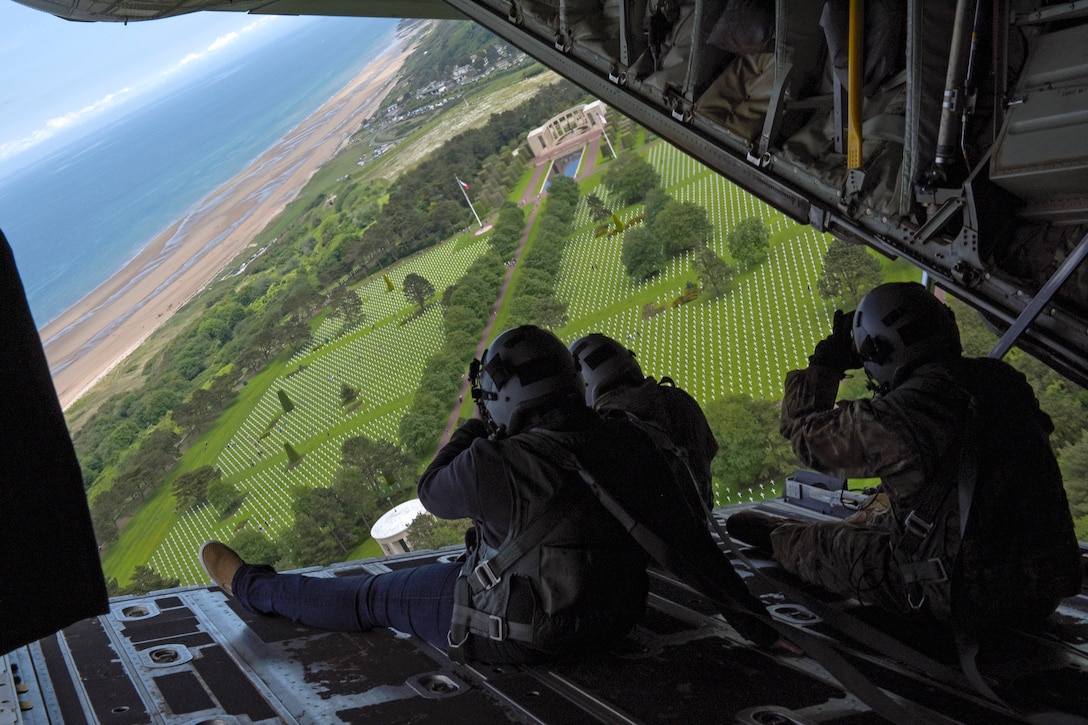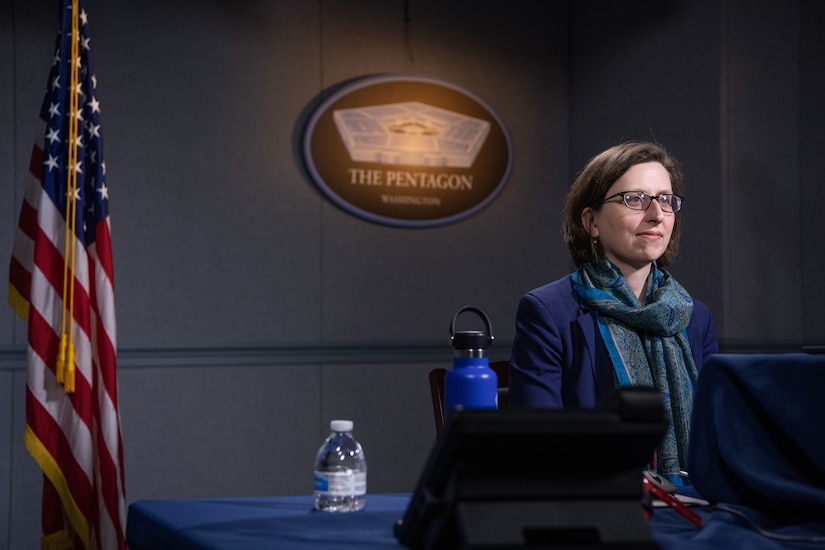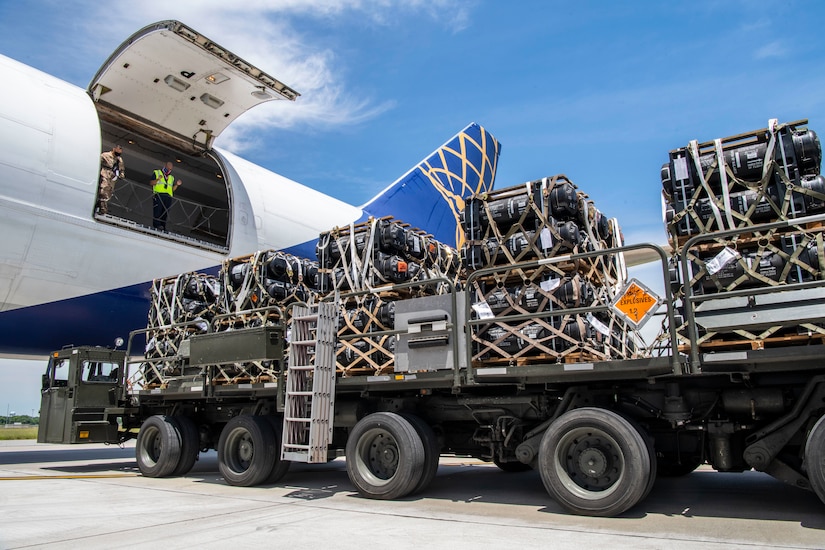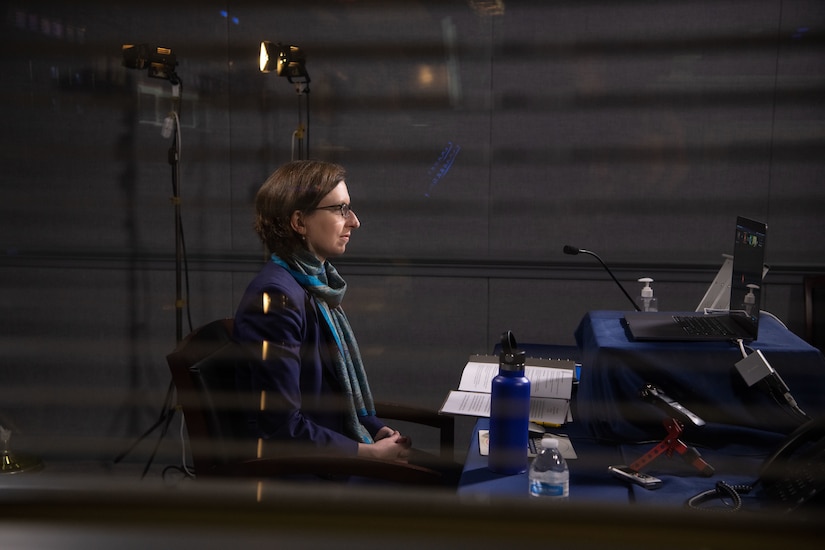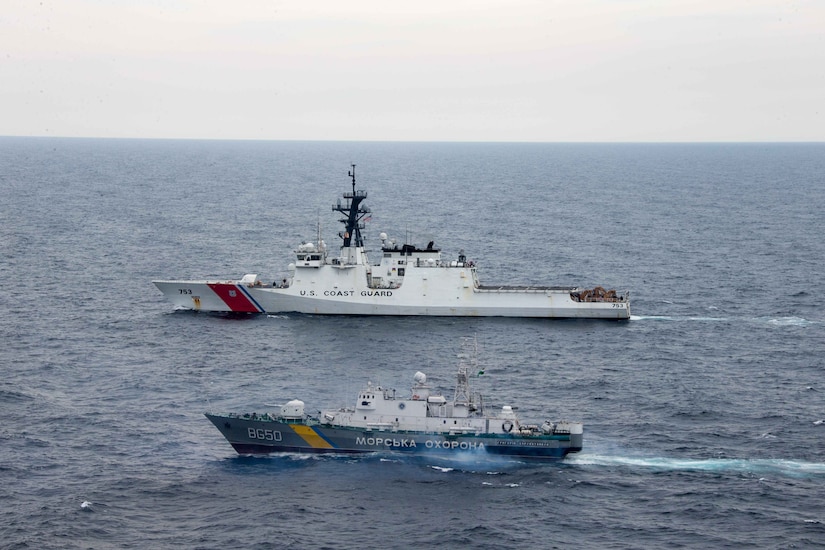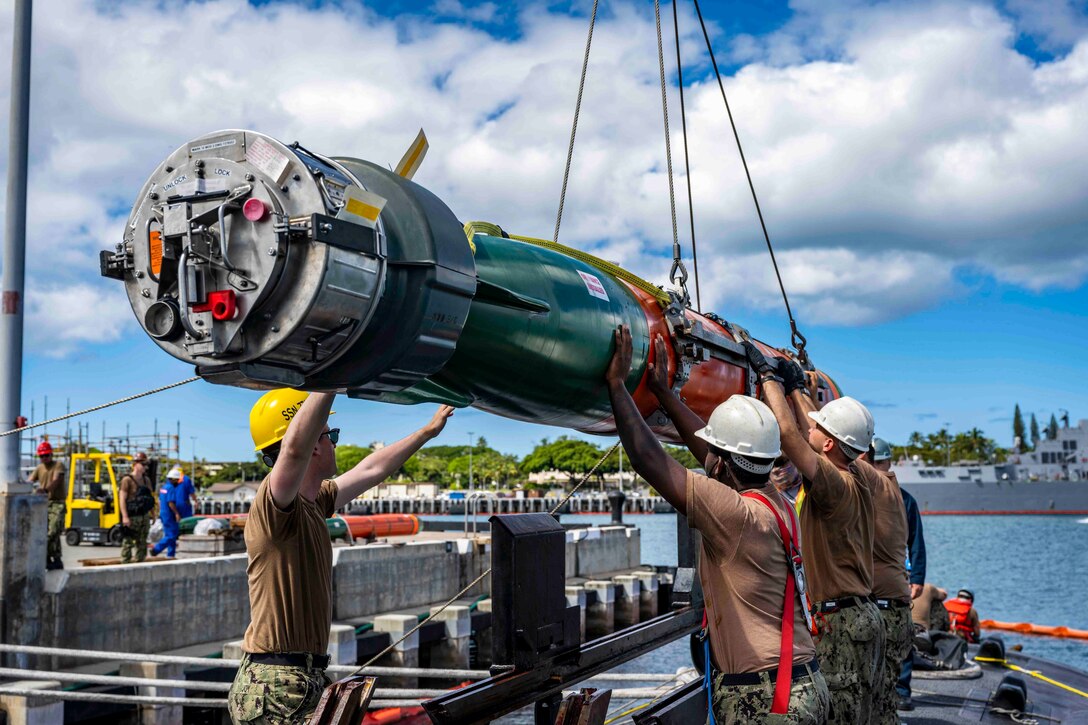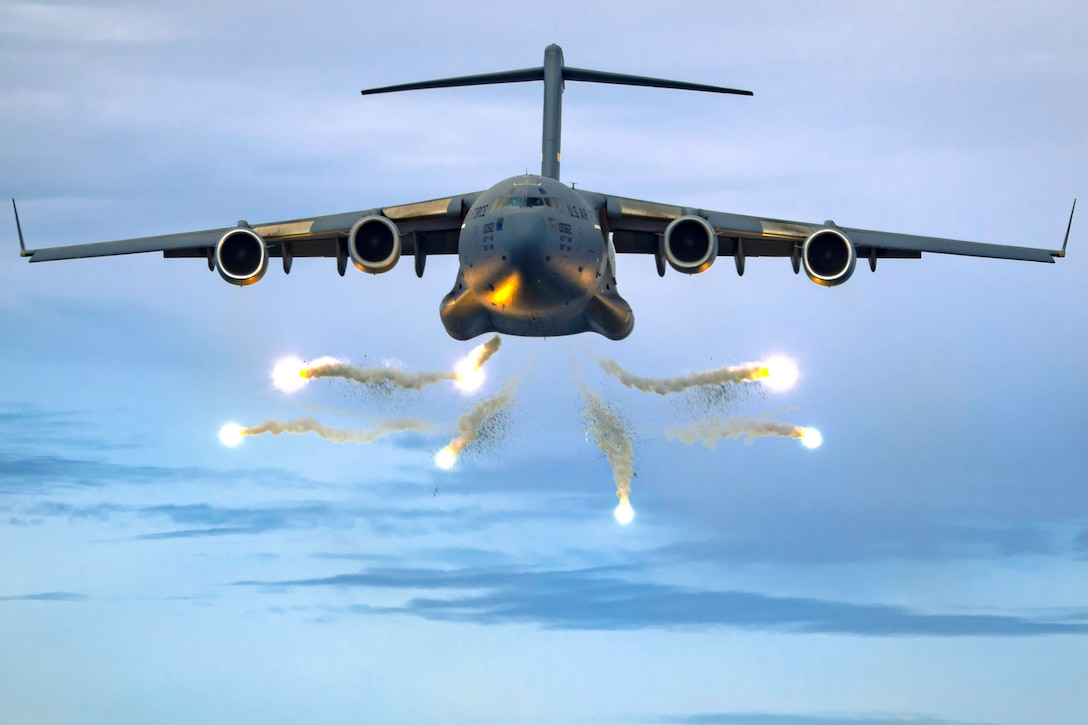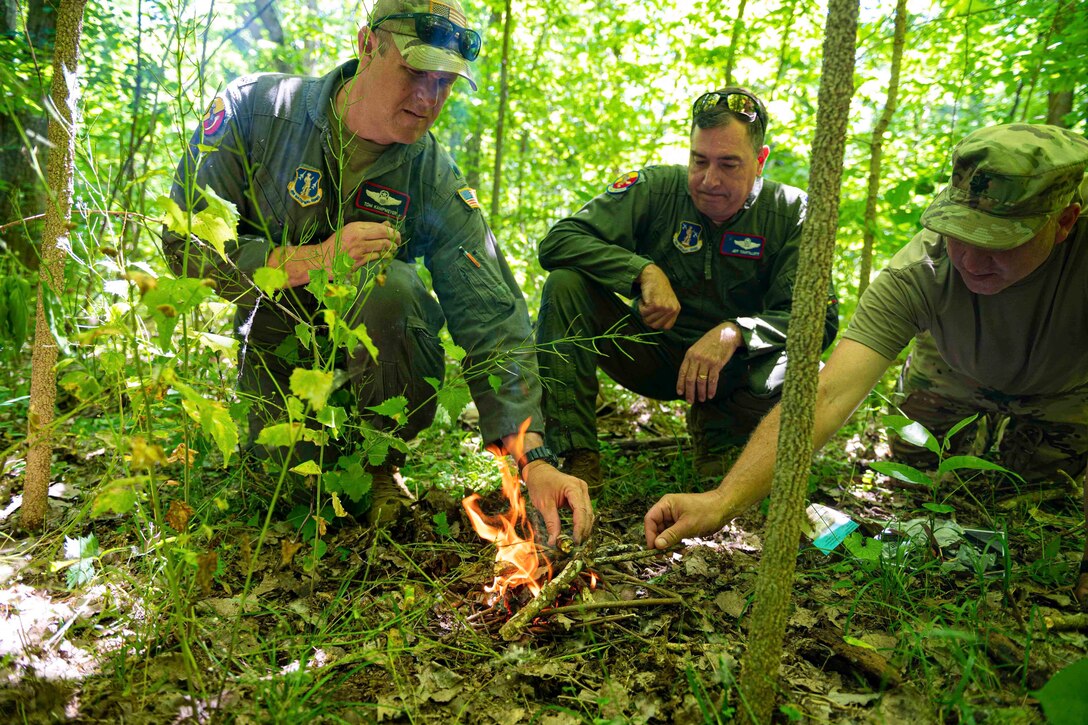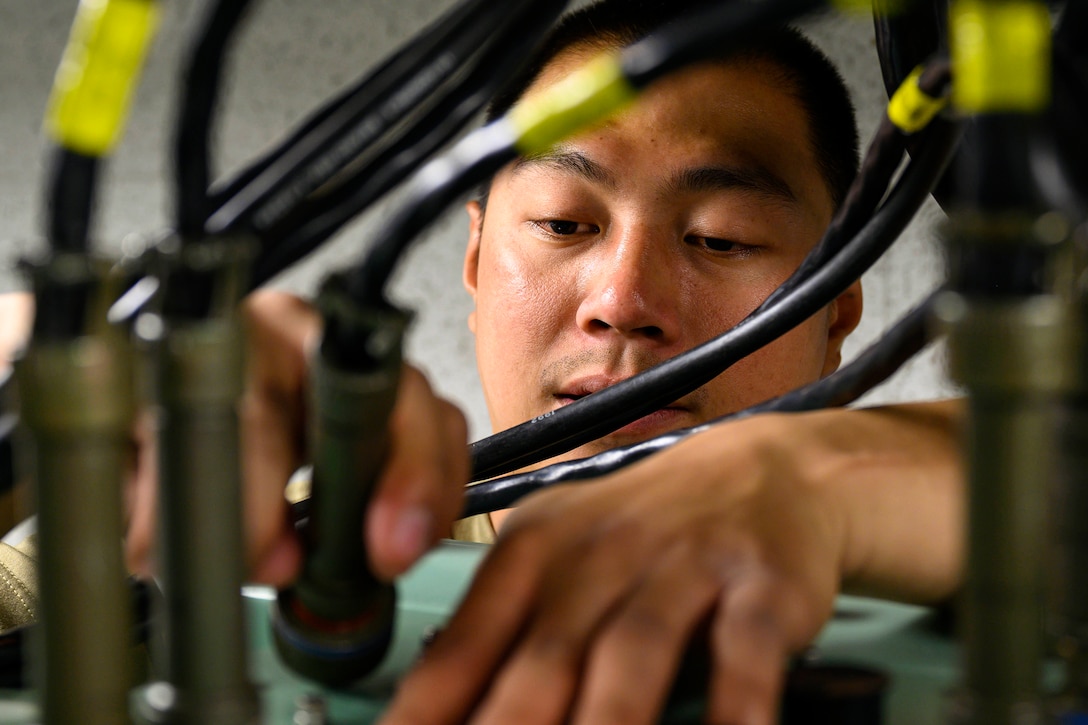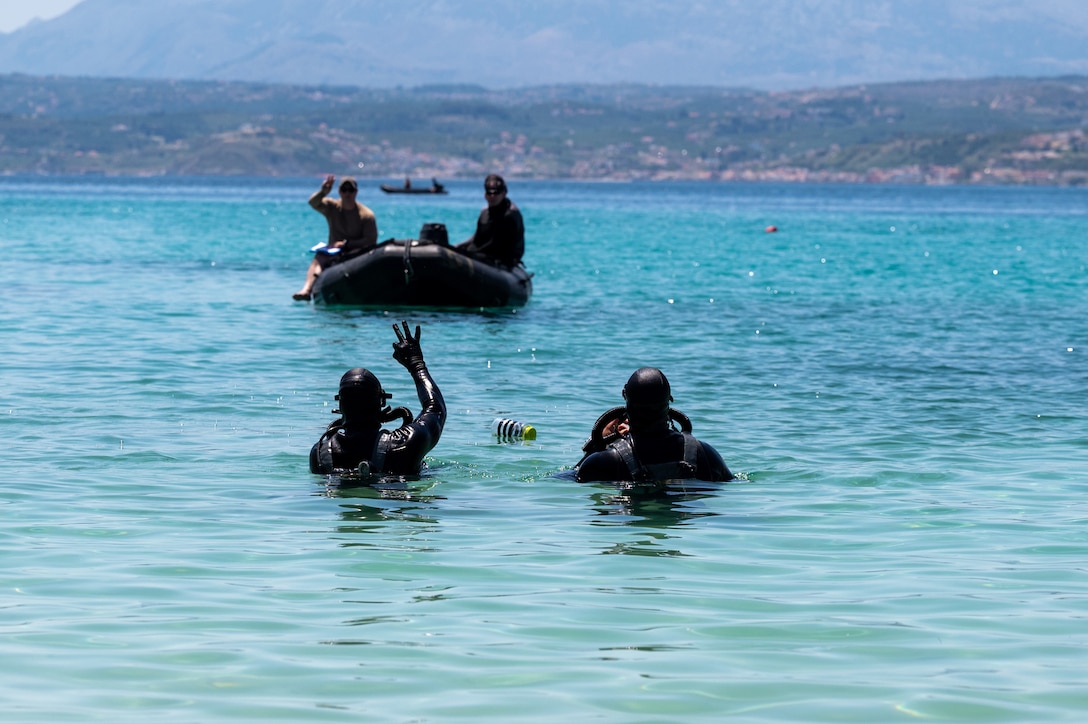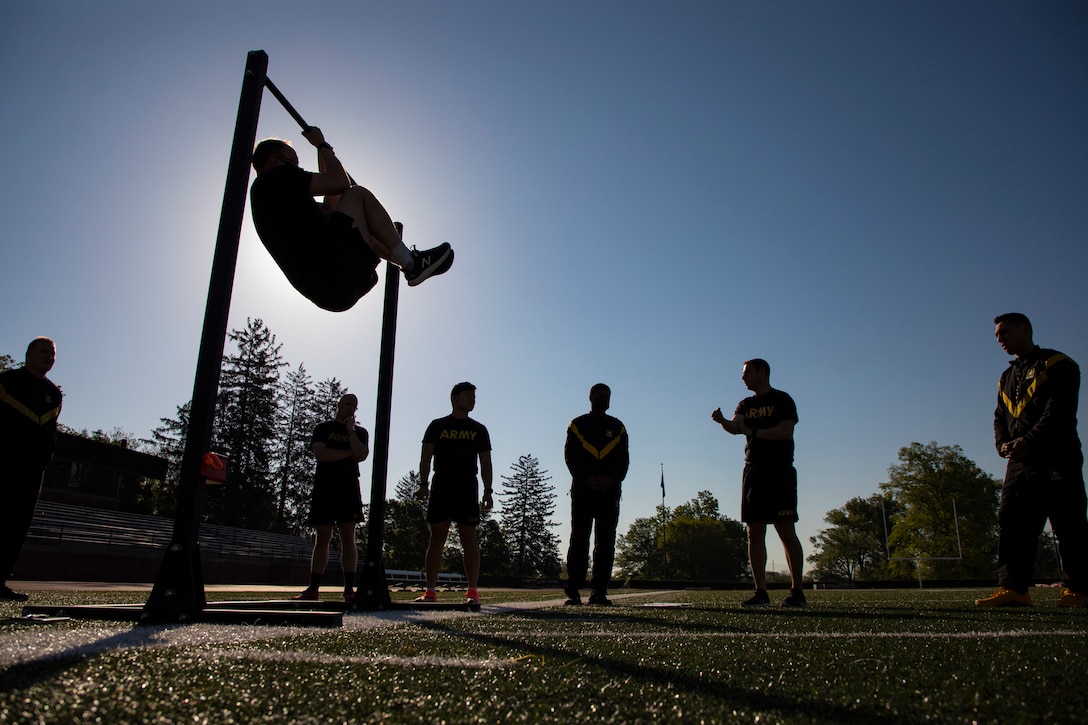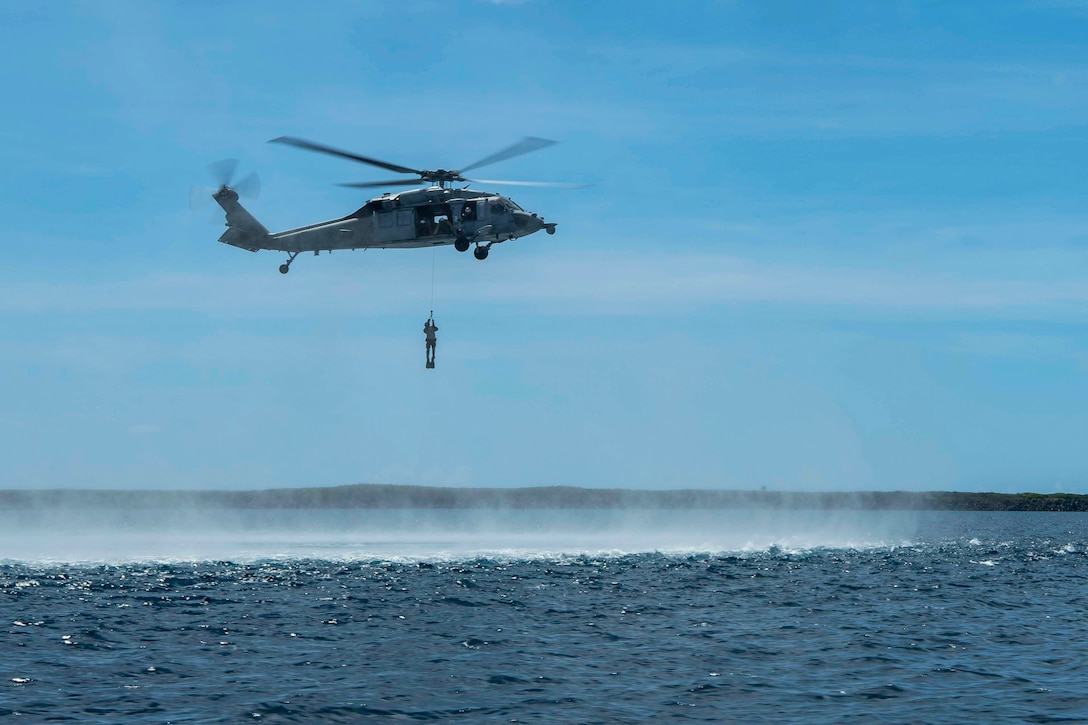Secretary of Defense Lloyd J. Austin III; NATO Secretary General Jens Stoltenberg
SECRETARY OF DEFENSE LLOYD J. AUSTIN III: Mr.
Secretary General, it is a pleasure to welcome you at the Pentagon.
Thanks again for making the trip here.
I’m delighted that COVID conditions have improved enough for us to be able to host you.
I want to thank you as well for your exceptional leadership and for
the efforts you have been expending to improve Alliance capability, as
well as our transatlantic relationship.
Indeed, I know that you are here in Washington to meet with President
Biden and to get ready for a NATO Summit that will no doubt demonstrate
the unity and strength of our alliance.
The President and I are both looking forward to attending.
Let me stress again, right at the top of our meeting, that the
Department of Defense strongly supports your “NATO 2030” initiative and
its goal of keeping the Alliance strong militarily, and making it
stronger politically, and giving it a more global view.
Obviously, we’re focused on NATO’s top job– maintaining credible
deterrence and being ready to fight and win if deterrence should fail.
But so too, are we focused on ensuring the entire Alliance has a
comprehensive view of the challenges the transatlantic community faces
and for leading NATO’s adaptation to meet those threats.
We can be proud of what we and all Allies have done since 2014, and I
expect the Summit will chart a course for continued adaptation into the
future.
We can also be proud of our efforts to ensure our Allies share
equitably in the responsibility to procure, prepare, and provide ready
forces and capabilities.
As a result of your leadership, Mr. Secretary General, this is the seventh consecutive year of increased defense spending.
I think that’s extraordinary, and I appreciate the emphasis you have placed on this issue.
Finally, I want to note our collective efforts in Afghanistan.
The withdrawal of U.S. forces from that country is proceeding well.
And as I have made clear back in April when we announced our decision in
Brussels, the United States remains committed to assisting our Resolute
Support partners as they, too, retrograde.
As you yourself said, we went into Afghanistan together, we adjusted
our posture together and we are united in leaving together. And that’s
exactly what we are doing.
I am confident that, as Resolute Support begins to stand down, we
will transition to a new relationship with Afghanistan and with the
Afghan forces … one that continues to help them meet their
responsibilities to their citizens.
Again, Mr. Secretary General, for being here, and I’m looking forward to our discussion today and to the Summit next week.
NATO SECRETARY GENERAL JENS STOLTENBERG: Thank you so much,
Secretary Austin, and thank you so much for the warm welcome. And most
of all, thank you for your leadership, for your strong commitment to our
transatlantic Alliance, to NATO.
We very much look forward to the NATO summit next week in Brussels,
to welcoming President Biden and you and all the other leaders, because
we face many challenges which we cannot face alone, but we need to face
them together in NATO.
The global balance of power is shifting. We see the rise of China, we
see Russia continue to be responsible for aggressive actions against
NATO Allies, and our neighbors, in cyberspace, through hybrid means, and
also the way they have used military force against the Ukraine, Georgia
and other countries in that region.
Then we, of course, also very much realize that we need to invest in our
security to make sure that we continue to be able to deliver a credible
deterrence and defense in a more unpredictable and competitive world.
And therefore, as you just alluded to, I welcome the fact that the
European Allies and Canada have invested more over now seven years, and I
expect them to continue to do so.
And one of the messages we are preparing for the NATO 2030 agenda is
that we need to continue to invest. We need to continue to strengthen
our deterrence and defense, but also to broaden our security agenda, to
do more when it comes to resilience, technology and also working with
our partners.
Allies are coordinating the withdrawal from Afghanistan, all the NATO
Allies and the partners. My message is that as we now end our military
presence in Afghanistan, we will continue to provide support to the
Afghans with our continued civilian presence in Afghanistan, with
continued funding for the Afghan security forces, and also looking into
the possibility of providing out-of-country training for Afghan forces,
and of course, also helping to maintain critical infrastructure such as
the airport. So we need to stay coordinated, we need to work together
with the partners as we now end our military presence in Afghanistan.
Once again, thank you so much for hosting me and my delegation here
today, and I look forward to our meeting. And thank you for your strong
commitment to NATO. Thank you.
